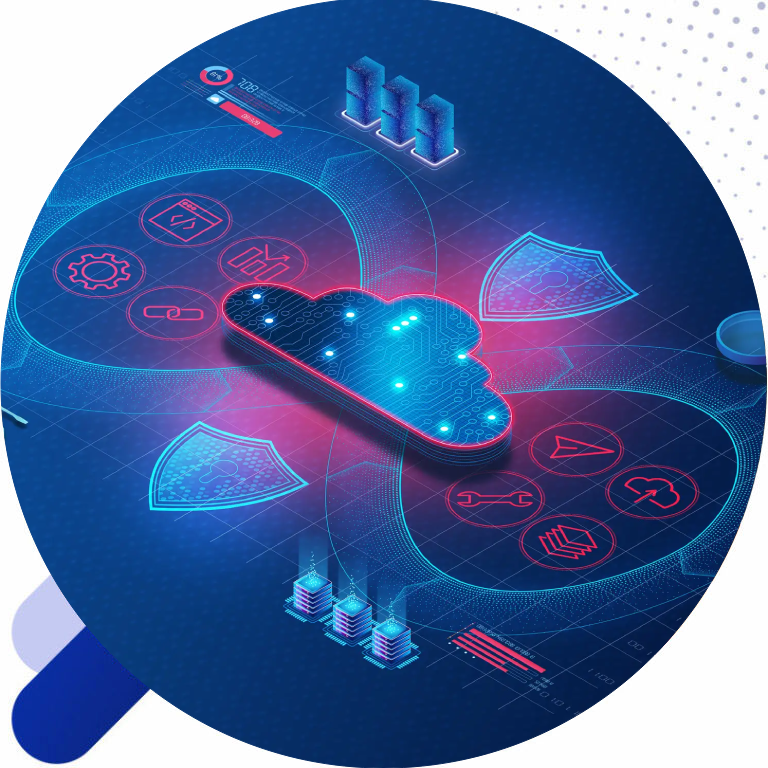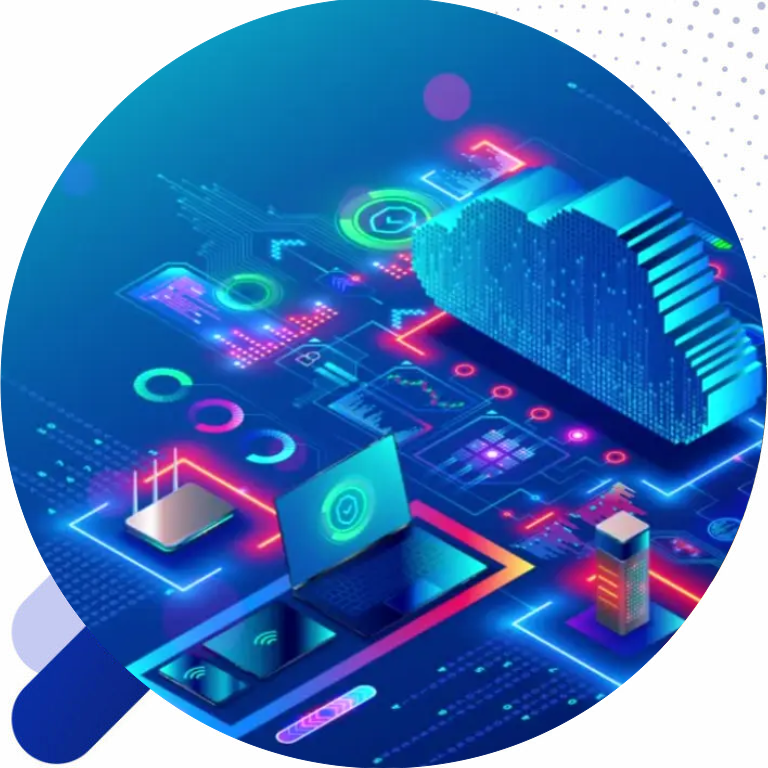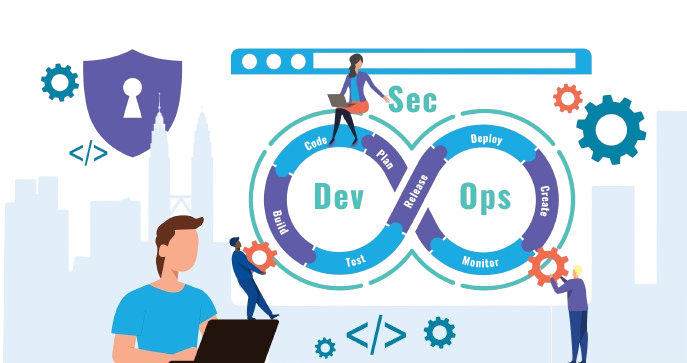DevSecOps Consulting: Elevating Security in the Software Development Lifecycle
In the rapidly evolving landscape of software development, the integration of security practices into the DevOps model has become paramount. This paradigm shift led to the emergence of DevSecOps, where security is incorporated at every stage of the software development lifecycle (SDLC). As organizations strive to balance swift delivery with robust security measures, the role of DevSecOps consulting has gained significance. This blog post delves into the essence of DevSecOps consulting, its benefits, key practices, and how organizations can leverage it to enhance their security posture.

Understanding DevSecOps: A Paradigm Shift in Security
DevSecOps is essentially an extension of the DevOps movement, which emphasizes collaboration between development and operations teams to accelerate software delivery. While DevOps promotes faster release cycles and improved collaboration, it can inadvertently lead to vulnerabilities if security is not prioritized. DevSecOps addresses this gap by integrating security practices and tools directly into the DevOps workflow.
The Role of DevSecOps Consulting

DevSecOps consulting plays a critical role in helping organizations transition to a more secure development paradigm. Consultants in this field bring expertise in both DevOps practices and security principles, offering a holistic approach to secure software development. The key responsibilities of DevSecOps consultants include.
Assessment and Strategy Development: Consultants begin by assessing the current state of an organization’s DevOps and security practices. This involves identifying gaps, evaluating existing tools and processes, and understanding the organization’s risk profile. Based on this assessment, consultants develop a tailored DevSecOps strategy that aligns with the organization’s goals and compliance requirements.
Toolchain Integration: A core aspect of DevSecOps is the integration of security tools into the CI/CD pipeline. Consultants help organizations select and implement tools for static application security testing (SAST), dynamic application security testing (DAST), software composition analysis (SCA), and container security. These tools automate the detection of vulnerabilities and ensure that security checks are an integral part of the development process.
Process Automation: Automation is a cornerstone of DevSecOps. Consultants assist organizations in automating security tasks such as code scanning, vulnerability assessments, and compliance checks. This not only reduces manual effort but also ensures consistent and repeatable security practices.
Culture and Training: DevSecOps requires a cultural shift where security is seen as a shared responsibility. Consultants conduct training sessions and workshops to educate development, operations, and security teams on best practices for secure coding, threat modeling, and incident response. Building a security-first mindset is crucial for the success of DevSecOps initiatives.
Continuous Monitoring and Improvement: Security is an ongoing process, and DevSecOps consultants help organizations implement continuous monitoring practices. This involves setting up security dashboards, defining key performance indicators (KPIs), and conducting regular security reviews to identify areas for improvement.

Key Benefits of DevSecOps Consulting
Engaging with DevSecOps consultants offers several benefits to organizations aiming to enhance their security posture
Improved Security Posture
By integrating security into the development process, organizations can identify and address vulnerabilities early, reducing the risk of security breaches and data leaks.
Faster Time-to-Market
Automated security checks and streamlined processes enable faster software delivery without compromising on security. This agility is crucial in today's competitive landscape.
Cost Savings
Early detection and remediation of security issues are more cost-effective than addressing them after deployment. DevSecOps reduces the costs associated with security incidents and compliance violations.
Regulatory Compliance
DevSecOps practices help organizations meet regulatory requirements by ensuring continuous compliance checks and generating audit-ready reports.
Enhanced Collaboration
The collaborative approach of DevSecOps fosters better communication and cooperation between development, operations, and security teams, leading to more cohesive and effective security practices.
Increased Customer Trust
In an age where data breaches are rampant, customers are increasingly concerned about the security of their data. By prioritizing security through DevSecOps practices, organizations can build trust with their customers, potentially giving them a competitive edge in the market.
Challenges in Implementing DevSecOps
While the benefits of DevSecOps are clear, implementing it comes with its own set of challenges:
Cultural Resistance
Shifting to a DevSecOps culture requires changing mindsets and breaking down silos. This can be met with resistance from teams accustomed to traditional practices.
Skill Gaps
Organizations may lack the necessary skills and expertise to implement DevSecOps practices effectively. This highlights the importance of training and hiring skilled professionals.
Tool Overload
The plethora of security tools available can be overwhelming. Selecting the right tools and integrating them into the CI/CD pipeline requires careful consideration and expertise.
Future Trends in DevSecOps
As the DevSecOps field continues to evolve, several trends are shaping its future:
AI and Machine Learning
The integration of AI and machine learning in security tools is enhancing threat detection and response capabilities. DevSecOps consultants are leveraging these technologies to provide more proactive and adaptive security solutions.
Zero Trust Architecture
The adoption of zero trust principles is gaining traction in DevSecOps. Consultants are helping organizations implement zero trust models to ensure secure access to resources, regardless of the user’s location or device.
Serverless Security
With the rise of serverless computing, securing serverless architectures is becoming a priority. DevSecOps consultants are developing best practices and tools to address the unique security challenges of serverless environments.
Enhanced Compliance Automation
As regulatory requirements become more stringent, automating compliance checks and reporting is becoming essential. DevSecOps consultants are helping organizations integrate compliance automation into their CI/CD pipelines.
Speak With Expert Engineers.
Contact us by filling in your details, and we’ll get back to you within 24 hours with more information on our next steps

Please fill out the contact form

Call Us
United Kingdom: +44 20 4574 9617

UK Offices
Business Address: 70 White Lion Street, London, N1 9PP
Registered Address: 251 Gray's Inn Road, London, WC1X 8QT
Schedule Appointment
We here to help you 24/7 with experts

